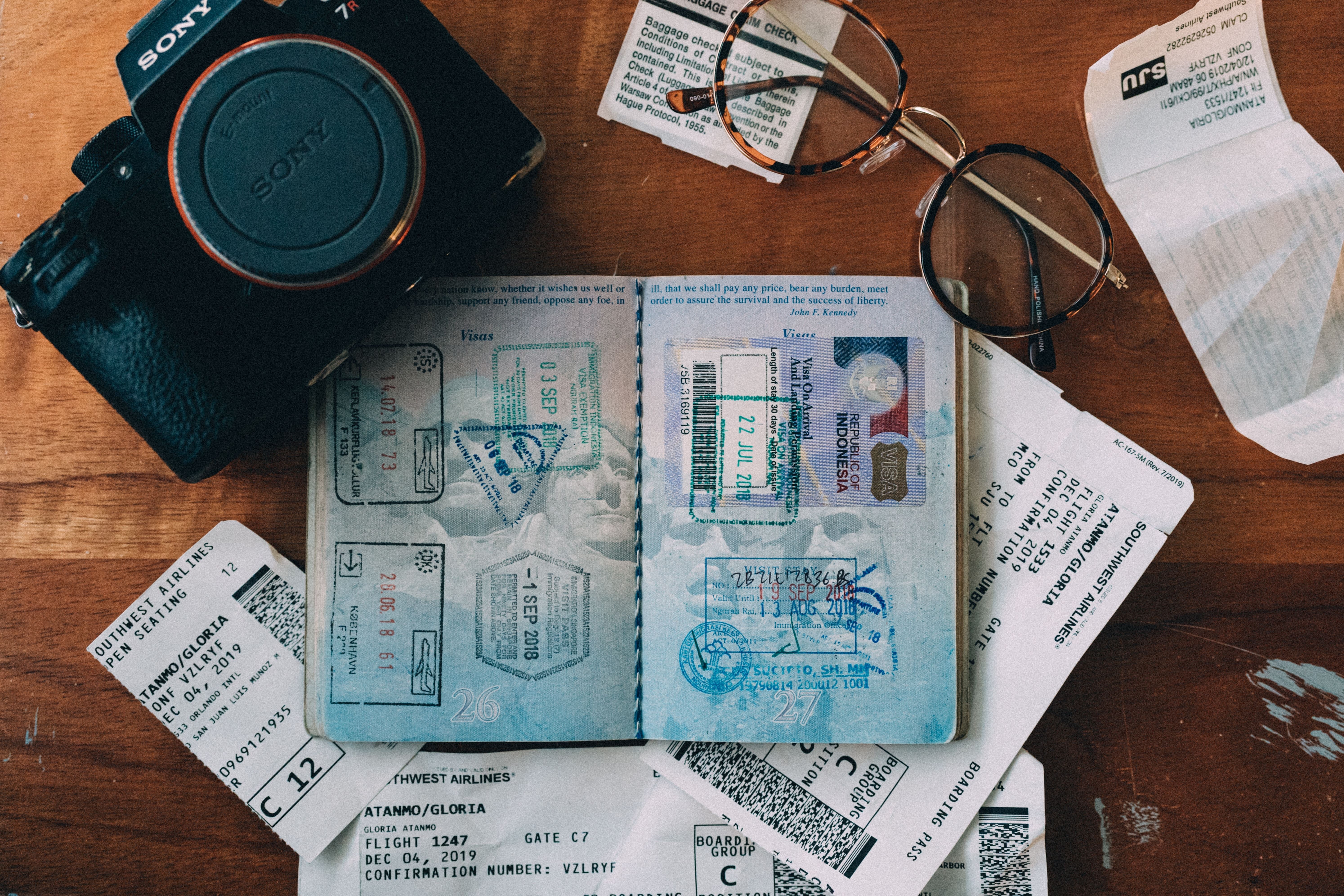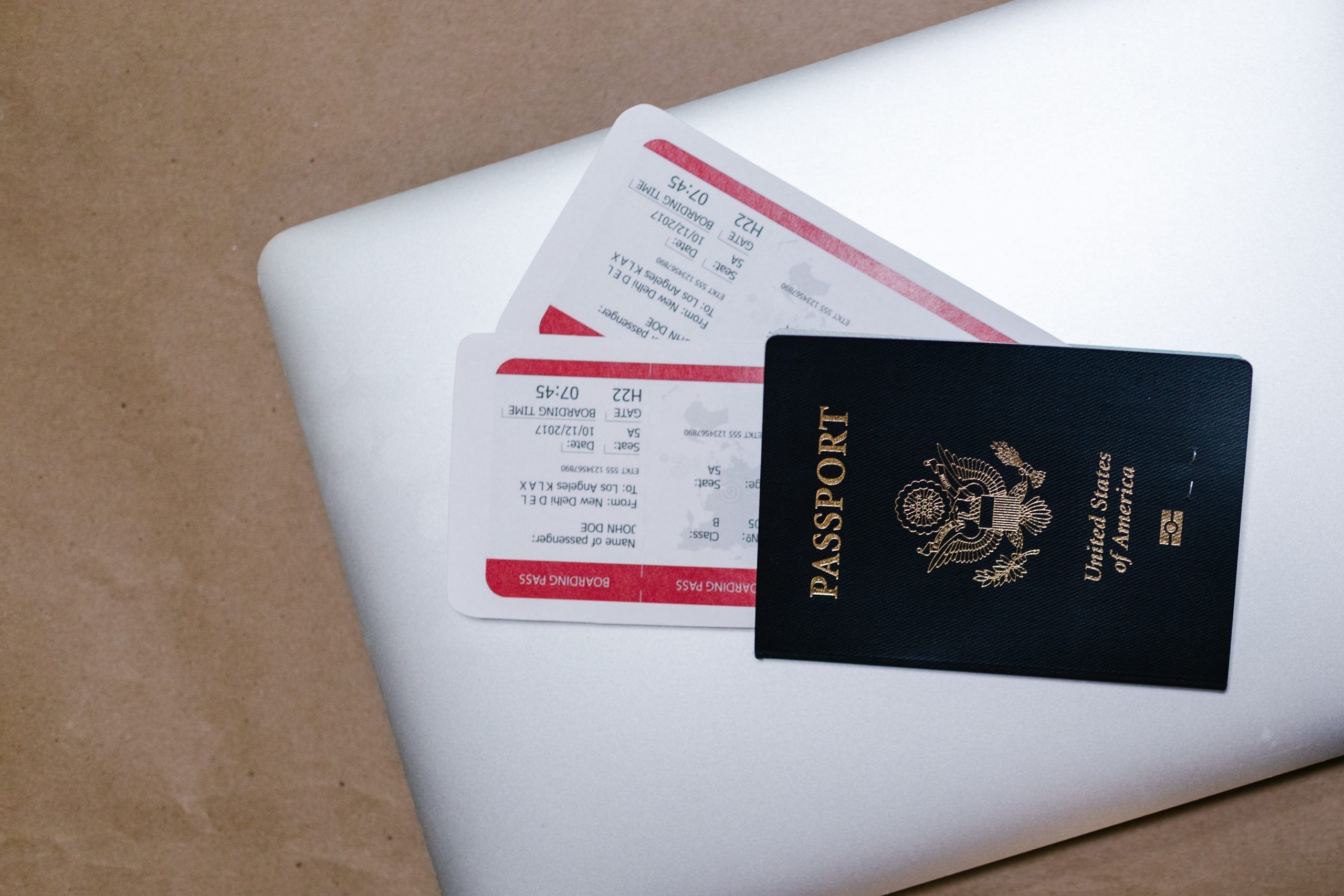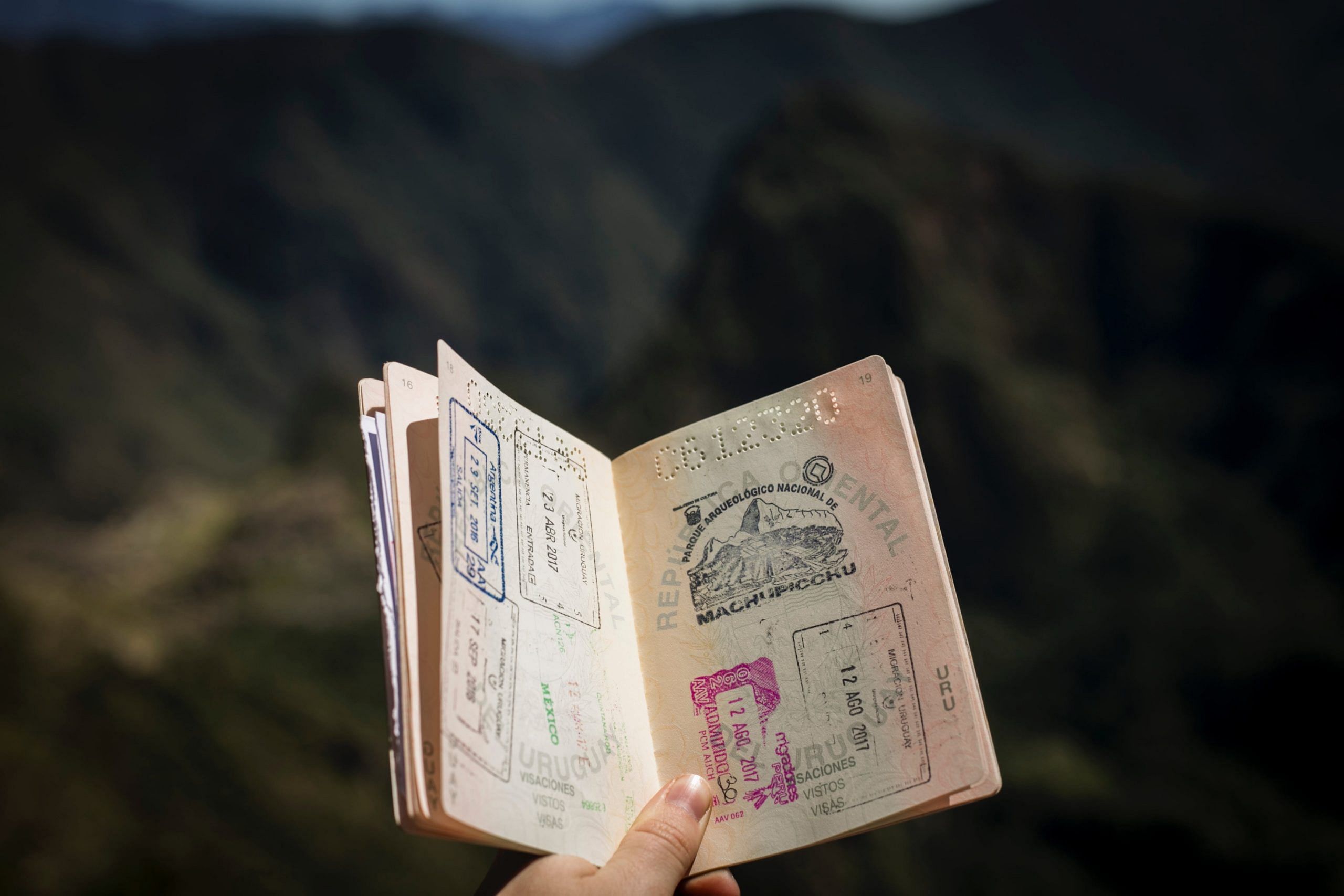With the ever-growing global connectivity, having a passport opens doors to opportunities and experiences worldwide. In India, the Ministry of External Affairs is responsible for issuing passports through the Passport Seva system. The Passport Seva portal allows Indian citizens to apply for a passport online, simplifying the application process. To apply for a passport in India, individuals must provide necessary documents, such as proof of identity, address, and date of birth, along with the completed application form. The application process typically involves scheduling an appointment at a Passport Seva Kendra (PSK) or a Post Office Passport Seva Kendra (POPSK) for document verification and biometric data collection.

Table of Contents
Table of Contents
- Why does a Person need to have a Passport?
- Things to keep in mind before Passport Application in India
- Frequently Asked Questions About Passport Application in India

It’s important to note that specific requirements and procedures for passport application may vary from country to country. It’s advisable to check the official website of the passport issuing authority in your country for accurate and up-to-date information regarding passport application processes.
Why does a Person need to have a Passport?

International Travel: A passport is an official travel document issued by the government of a country that certifies the identity and citizenship of the bearer. It is required for international travel as it is proof of identity and nationality when crossing borders.
Visa Application: Many countries require a valid passport as a prerequisite for visa issuing. A passport is usually necessary to apply for a visa to visit, study, work, or reside in another country.
Identification: In addition to its use for international travel, a passport serves as a valid form of identification within the country of issuance. It can be used for various purposes, such as opening bank accounts, obtaining government services, or proving identity in legal matters.
Border Control and Security: Passports are crucial in maintaining border control and security. Immigration authorities use passports to verify the identity and citizenship of travellers, ensuring that individuals entering a country have gone through proper procedures and have the necessary legal permission.
Consular Assistance: When citizens encounter difficulties or emergencies abroad, their passports help facilitate consular assistance. Embassies and consulates can verify the individual’s identity and citizenship through their passport, providing necessary support and protection.
Legal and Financial Transactions: Passports are often accepted as a valid form of identification for legal and financial transactions. They may be required to open bank accounts, obtaining government services, signing legal documents, or proving identity in various situations.
Nationality and Citizenship: Passports symbolise the nationality and citizenship of the bearer, reflecting their connection to a specific country. They officially recognise an individual’s legal ties and obligations to their home country.
Things to keep in mind before Passport Application in India

- Gather the Required Documents: Before starting the application process, make sure you have the necessary documents. The common documents required for a passport application in India include proof of identity (such as Aadhaar Card, Voter ID, or PAN Card), proof of address (such as Aadhaar Card, Voter ID, or utility bills), and proof of date of birth (such as Birth Certificate or school leaving certificate).
- Register on the Passport Seva Portal: Visit the official Passport Seva website (www.passportindia.gov.in) and create an account. Fill in the required details to register yourself.
- Fill in the Application Form: Log in to your account on the Passport Seva portal and fill in the application form with accurate information. Ensure that all the details are correctly entered.
- Schedule an Appointment: After filling in the application form, you need to schedule an appointment at a Passport Seva Kendra (PSK) or a Post Office Passport Seva Kendra (POPSK) for document verification and biometric data collection. Select the date and time slot that is convenient for you.
- Pay the Application Fee: Pay the required passport application fee online through the available payment options on the portal. The fee depends on the type of passport and the number of pages you choose.
- Visit the Passport Seva Kendra: On the scheduled appointment date, visit the selected Passport Seva Kendra (PSK) or Post Office Passport Seva Kendra (POPSK) along with the necessary original documents for verification. Biometric data, including fingerprints and photographs, will be captured at this stage.
- Passport Processing: After the document verification and biometric collection, your application will be processed by the Passport Seva Kendra. The processing time may vary, but it usually takes a few weeks.
- Passport Delivery: Once the processing is complete, the passport will be printed, and you will receive an SMS notification regarding the dispatch of your passport. You can either choose to collect it in person or opt for a postal delivery service.
It’s important to note that the passport application process and requirements may change over time, so it’s advisable to visit the official Passport Seva website (www.passportindia.gov.in) or contact the Regional Passport Office for the most up-to-date information and guidelines.
Get exclusive travel insights & updates into your inbox!
*By clicking subscribe you'll receive emails from WanderOn.

Shrutika Parab
★★★★★24 May 2024
“Thank you Team Wanderon for the amazing Ladakh Experience. Right from the point of making the bookings with Mr. Chakshu to the point of completion of the trip received amicable support.

Sonal Shekhar Dash
★★★★★9 May 2024
“I did my first solo trip in India with WanderOn. Initially I was sceptical about their Meghalaya-Kaziranga trip as I didn't have any prior experience with them but the team assured me that it's going to be one of the best experiences of my life.

Archana Awati
★★★★★30 Apr 2024
“In Ladakh, find the perfect blend of culture, adventure, and serenity. December last year I decided that my next trip would be Ladakh but didn’t know how to go about it. I knew I wanted to travel in a group, as I had prior experiences of traveling in a group but wanted an organiser I could trust. Ladakh isn’t like other destinations wherein you need some instructions due to the high altitudes.

Kartik Dilawari
★★★★★4 Jul 2024
“After an amazing trip to Tirthan with WanderOn, I decided to go to Manali-Jispa with them and yet again, the experience was worth every penny. The place was very beautiful and the quality of service was top-notch, the itinerary was very good and the quality of transportation and stays were very good. Had an awesome time there and made some good friends as well. Lastly, our trip captains Priyasha and Rachit managed the entire trip very well and were so fun and made our trip an experience worth remembering.
FAQ'S
01
1. How much does it cost to get a passport in India?
The cost of obtaining a passport in India varies based on the applicant’s age and urgency of the application. As of my knowledge cutoff in September 2021, here is the approximate fee structure:<ul><li>Applicants below 15 years of age: The cost for a passport with a validity of 10 years is ₹1,500 (around $20).</li><li>Applicants above 15 years of age: The cost for a passport with a validity of 10 years is ₹2,000 (around $27).</li></ul><p>Please note that these fees are subject to change. Additionally, in urgent cases, there might be an additional fee ranging from ₹1,500 to ₹2,000 (around $20 to $27). It is advisable to refer to the official Passport Seva website or contact the Regional Passport Office for the latest and accurate information regarding passport fees.</p>
02
2. What are the requirements for a passport in India?
03
3. How long will it take to get a passport in India?
WanderOn Special

WANDERON EXPERIENCES PVT LTD
3rd Floor, Building No-436, Phase IV, Udyog Vihar, Sector-18, Gurugram, Haryana-122015


